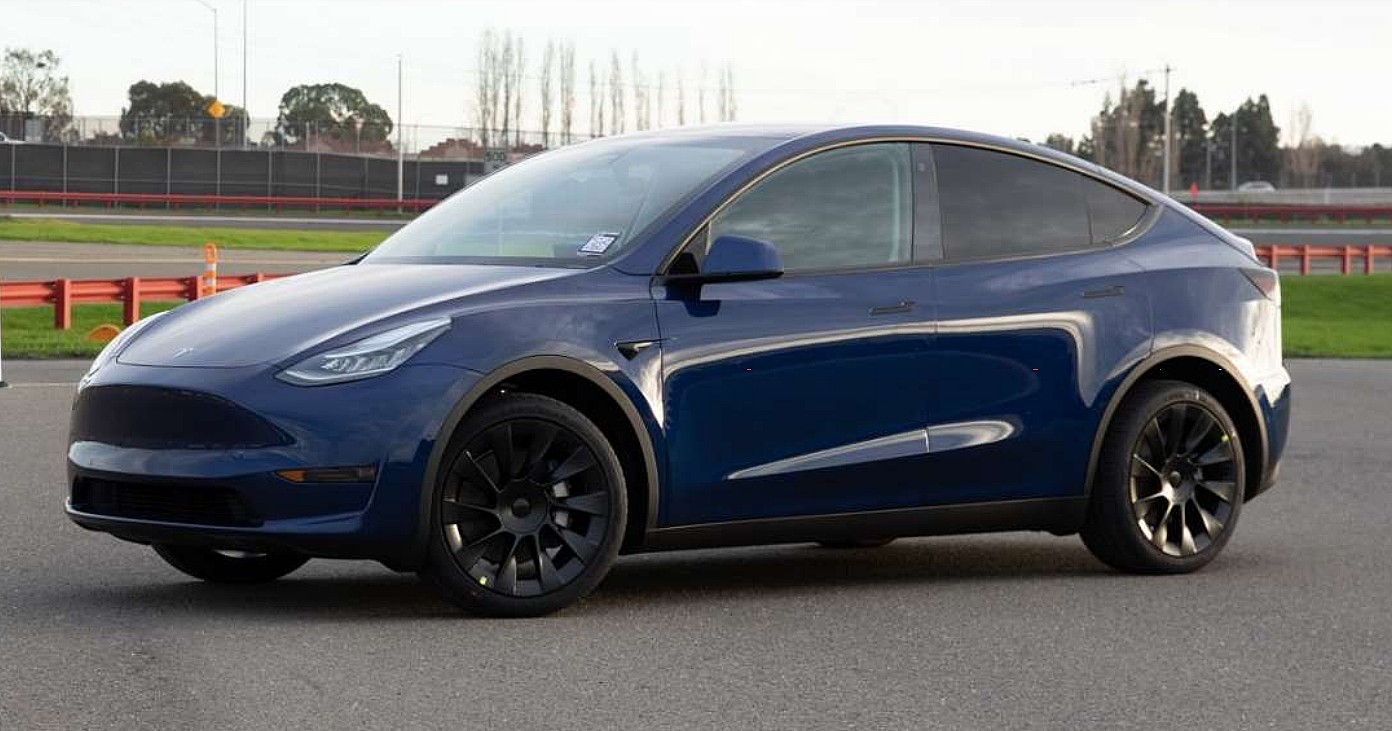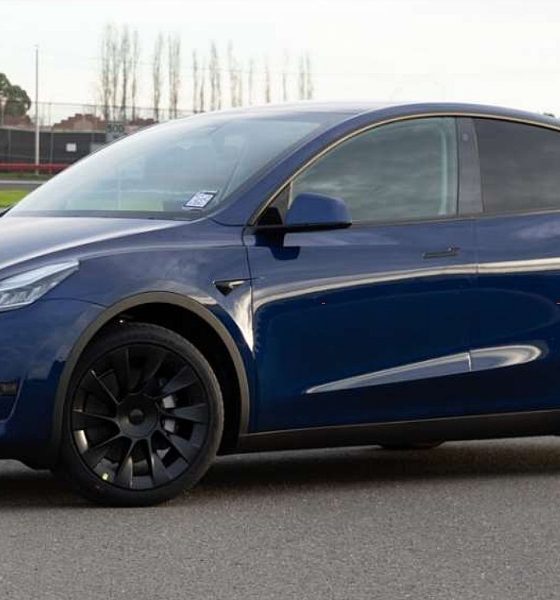Tesla Model Y first deliveries will begin in March of this year. The all-electric carmaker noted in its Q4 2019 Update Letter that the production ramp for the crossover began as early as January 2020. The company also stated that the Environmental Protection Agency has increased the Model Y’s Dual Motor All-Wheel Drive range to 315 miles, from its original 280-mile rating.
Tesla noted that the pace of its producing vehicles has improved significantly. Crediting the improvements the company has made in its production of the Model 3 in the United States, the Fremont factory has started producing the Model Y and expects to produce 500,000 combined units of the crossover and Model 3 each year. The vehicle is planned to enter production at Giga Shanghai in 2021.
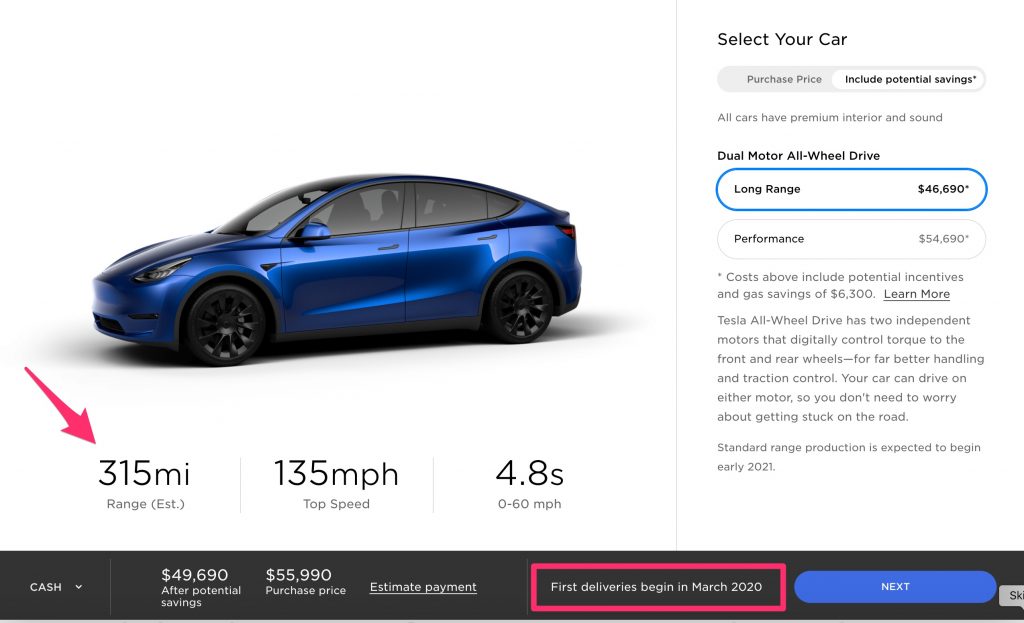
RELATED: Tesla (TSLA) crushes Q4 2019 results: Maintains profit, beats Wall St. revenue estimates
Tesla expects to begin delivering the Model Y crossover by the end of Q1 2020. “The ramp of Model Y will be gradual as we will be adding additional machinery in various production shops. After such expansions are done by mid-2020, installed combined Model 3 and Model Y capacity should reach 500,000 units per year,” Tesla wrote.
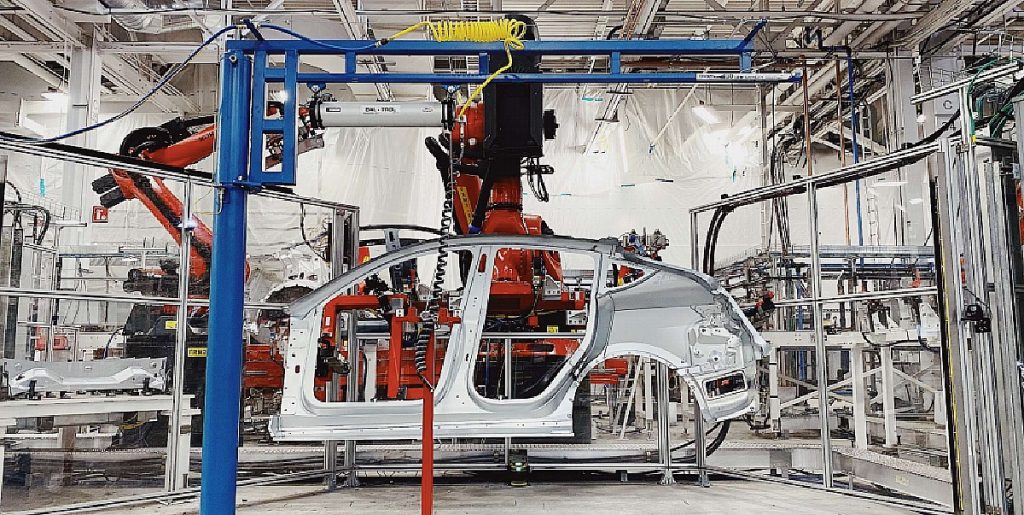
On top of the news that production and deliveries for the Model Y will happen ahead of schedule, Tesla also announced that the EPA formally increased its AWD variant from 280 to 315 miles.
“Due to continued engineering progress of the Model Y all-wheel drive (AWD), we have been able to increase its maximum EPA range to 315 miles, compared to our previous estimate of 280 miles. This extends Model Y’s lead as the most energy-efficient electric SUV in the world,” the company stated.
Initially, the Model Y’s first deliveries were anticipated for the end of 2020. However, Tesla announced during its 2019 Q3 earnings call that the vehicle’s production availability was ahead of schedule and the company formally moved its anticipated delivery dates forward to Summer 2020.
As Tesla enthusiasts have shared numerous sightings of the Model Y over the past months, the company has worked intensively to perfect its first crossover vehicle. It appears that Tesla’s diligent work toward perfecting the production quality of the Model Y has paid off as its production ramp has started ahead of schedule and the company will begin delivering the vehicle by the end of March 2020.
The Model Y is available in two variants, thus far. The Long Range Dual Motor and Performance configuration will both have 315 miles of range and cost $52,990, and $60,990 respectively
Other Tesla Q4 and Full Year 2019 Highlights
- LIVE BLOG: Tesla earnings call with Elon Musk
- Tesla nearly doubles Mobile Service fleet to improve customer service
- Tesla Model Y will have 315-mile EPA rated range
- Tesla launches Model Y Performance Überturbine 21″ wheels
.

News
Tesla rolls out new Supercharging safety feature in the U.S.
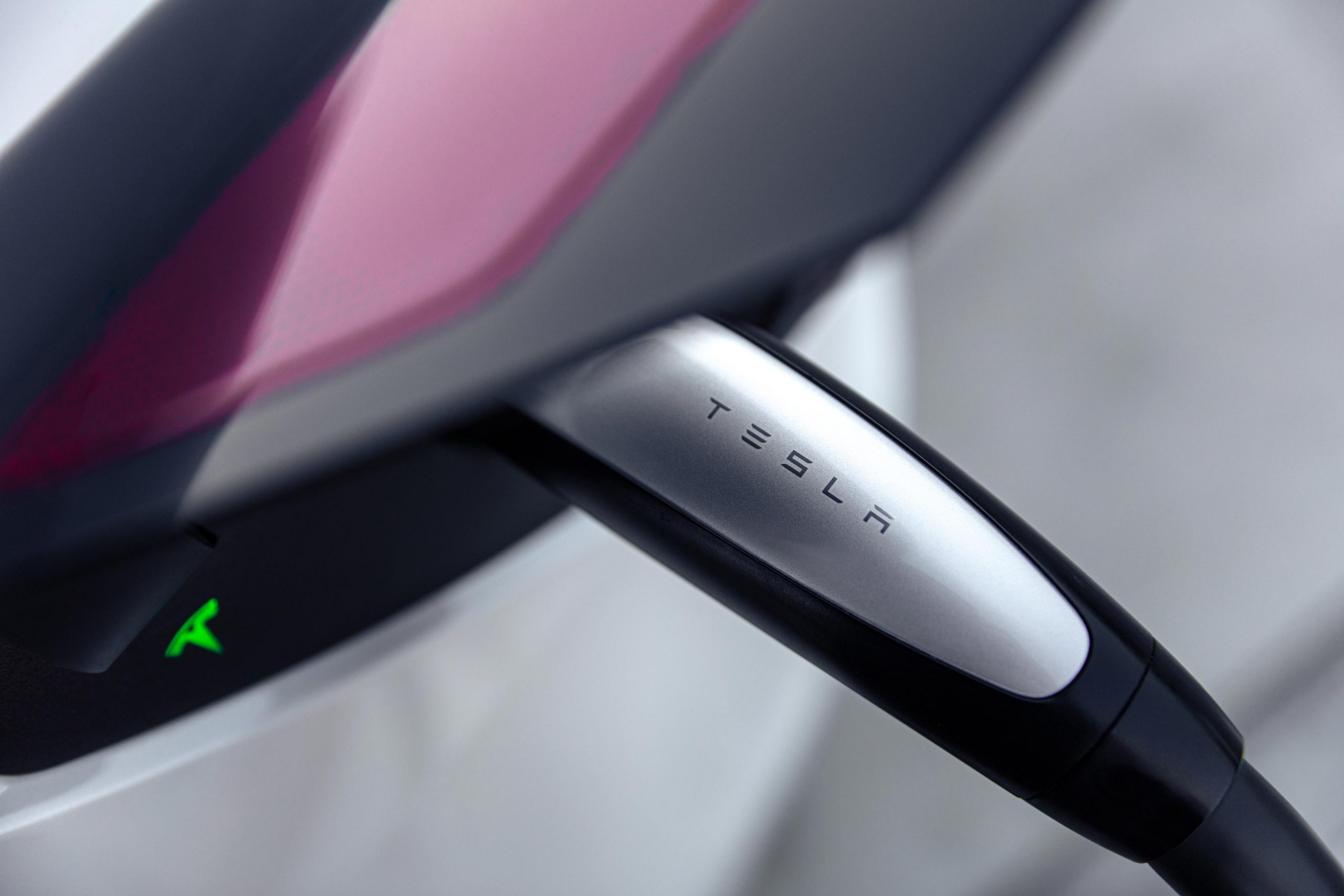
Tesla has rolled out a new Supercharging safety feature in the United States, one that will answer concerns that some owners may have if they need to leave in a pinch.
It is also a suitable alternative for non-Tesla chargers, like third-party options that feature J1772 or CCS to NACS adapters.
The feature has been available in Europe for some time, but it is now rolling out to Model 3 and Model Y owners in the U.S.
With Software Update 2026.2.3, Tesla is launching the Unlatching Charge Cable function, which will now utilize the left rear door handle to release the charging cable from the port. The release notes state:
“Charging can now be stopped and the charge cable released by pulling and holding the rear left door handle for three seconds, provided the vehicle is unlocked, and a recognized key is nearby. This is especially useful when the charge cable doesn’t have an unlatch button. You can still release the cable using the vehicle touchscreen or the Tesla app.”
The feature was first spotted by Not a Tesla App.
This is an especially nice feature for those who commonly charge at third-party locations that utilize plugs that are not NACS, which is the Tesla standard.
For example, after plugging into a J1772 charger, you will still be required to unlock the port through the touchscreen, which is a minor inconvenience, but an inconvenience nonetheless.
Additionally, it could be viewed as a safety feature, especially if you’re in need of unlocking the charger from your car in a pinch. Simply holding open the handle on the rear driver’s door will now unhatch the port from the car, allowing you to pull it out and place it back in its housing.
This feature is currently only available on the Model 3 and Model Y, so Model S, Model X, and Cybertruck owners will have to wait for a different solution to this particular feature.
News
LG Energy Solution pursuing battery deal for Tesla Optimus, other humanoid robots: report
Optimus is expected to be one of Tesla’s most ambitious projects, with Elon Musk estimating that the humanoid robot could be the company’s most important product.
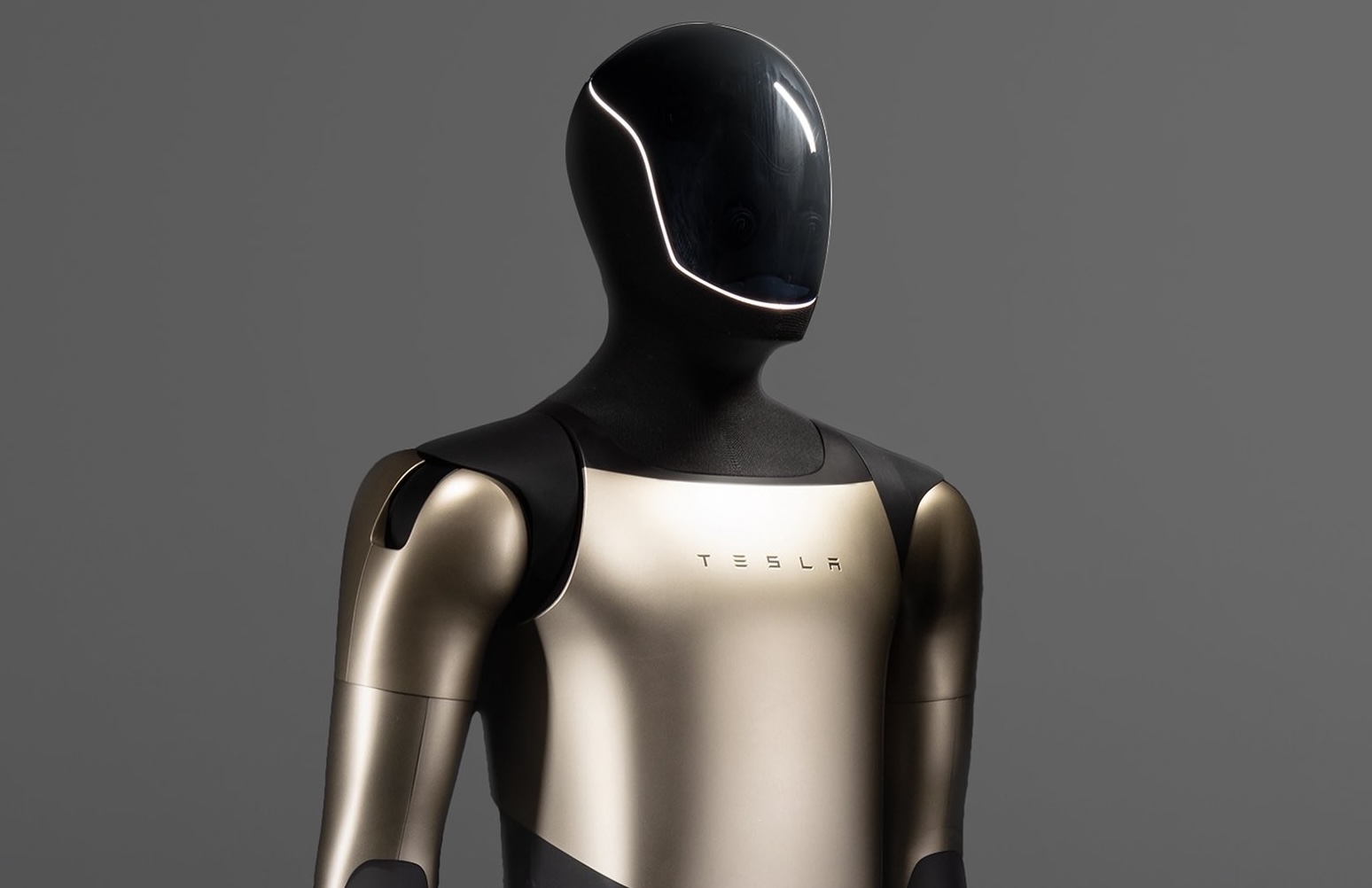
A recent report has suggested that LG Energy Solution is in discussions to supply batteries for Tesla’s Optimus humanoid robot.
Optimus is expected to be one of Tesla’s most ambitious projects, with Elon Musk estimating that the humanoid robot could be the company’s most important product.
Humanoid robot battery deals
LG Energy Solution shares jumped more than 11% on the 28th after a report from the Korea Economic Daily claimed that the company is pursuing battery supply and joint development agreements with several humanoid robot makers. These reportedly include Tesla, which is developing Optimus, as well as multiple Chinese robotics companies.
China is already home to several leading battery manufacturers, such as CATL and BYD, making the robot makers’ reported interest in LG Energy Solution quite interesting. Market participants interpreted the reported outreach as a signal that performance requirements for humanoid robots may favor battery chemistries developed by companies like LG.
LF Energy Solution vs rivals
According to the report, energy density is believed to be the primary reason humanoid robot developers are evaluating LG Energy Solution’s batteries. Unlike electric vehicles, humanoid robots have significantly less space available for battery packs while requiring substantial power to operate dozens of joint motors and onboard artificial intelligence processors.
LG Energy Solution’s ternary lithium batteries offer higher energy density compared with rivals’ lithium iron phosphate (LFP) batteries, which are widely used by Chinese EV manufacturers. That advantage could prove critical for humanoid robots, where runtime, weight, and compact packaging are key design constraints.
News
Tesla receives approval for FSD Supervised tests in Sweden
Tesla confirmed that it has been granted permission to test FSD Supervised vehicles across Sweden in a press release.
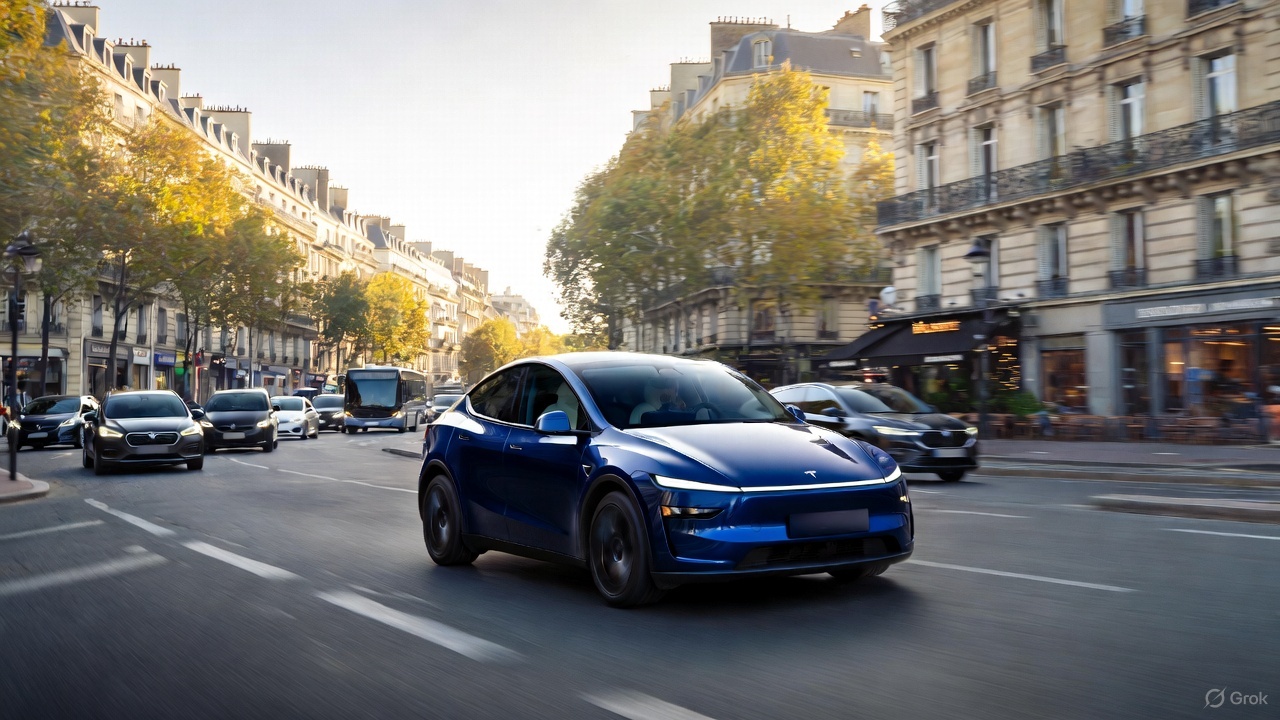
Tesla has received regulatory approval to begin tests of its Full Self-Driving Supervised system on public roads in Sweden, a notable step in the company’s efforts to secure FSD approval for the wider European market.
FSD Supervised testing in Sweden
Tesla confirmed that it has been granted permission to test FSD Supervised vehicles across Sweden following cooperation with national authorities and local municipalities. The approval covers the Swedish Transport Administration’s entire road network, as well as urban and highways in the Municipality of Nacka.
Tesla shared some insights into its recent FSD approvals in a press release. “The approval shows that cooperation between authorities, municipalities and businesses enables technological leaps and Nacka Municipality is the first to become part of the transport system of the future. The fact that the driving of the future is also being tested on Swedish roads is an important step in the development towards autonomy in real everyday traffic,” the company noted.
With approval secured for FSD tests, Tesla can now evaluate the system’s performance in diverse environments, including dense urban areas and high-speed roadways across Sweden, as noted in a report from Allt Om Elbil. Tesla highlighted that the continued development of advanced driver assistance systems is expected to pave the way for improved traffic safety, increased accessibility, and lower emissions, particularly in populated city centers.
Tesla FSD Supervised Europe rollout
FSD Supervised is already available to drivers in several global markets, including Australia, Canada, China, Mexico, New Zealand, and the United States. The system is capable of handling city and highway driving tasks such as steering, acceleration, braking, and lane changes, though it still requires drivers to supervise the vehicle’s operations.
Tesla has stated that FSD Supervised has accumulated extensive driving data from its existing markets. In Europe, however, deployment remains subject to regulatory approval, with Tesla currently awaiting clearance from relevant authorities.
The company reiterated that it expects to start rolling out FSD Supervised to European customers in early 2026, pending approvals. It would then be unsurprising if the company secures approvals for FSD tests in other European territories in the coming months.
